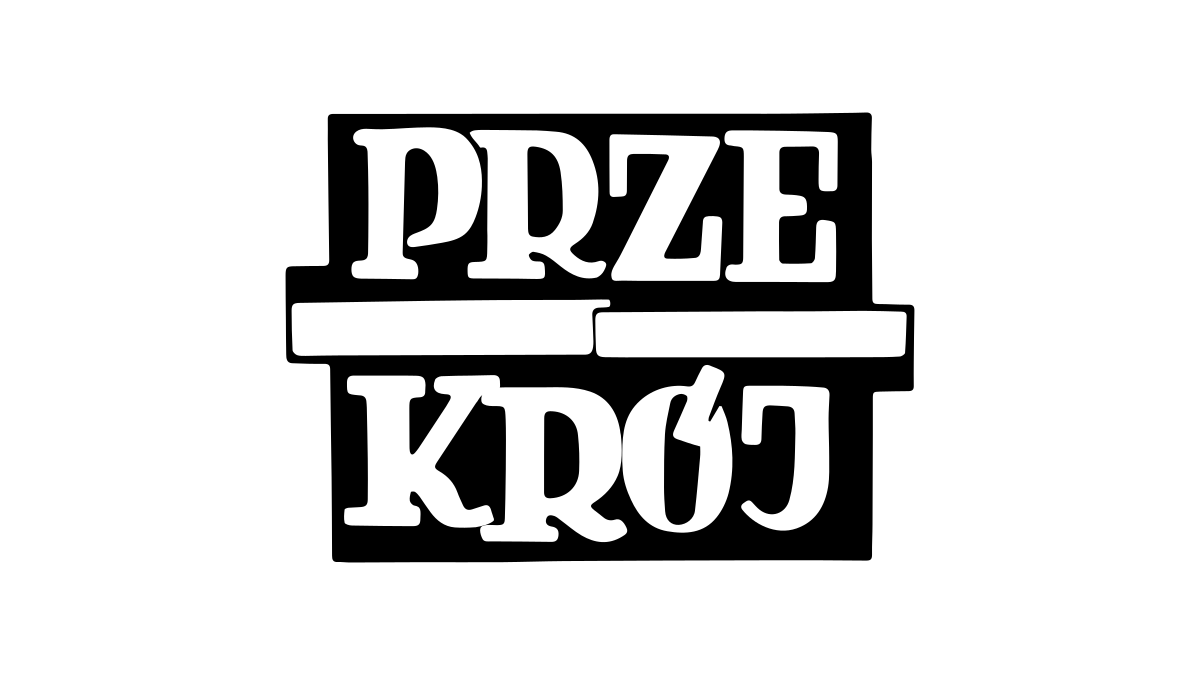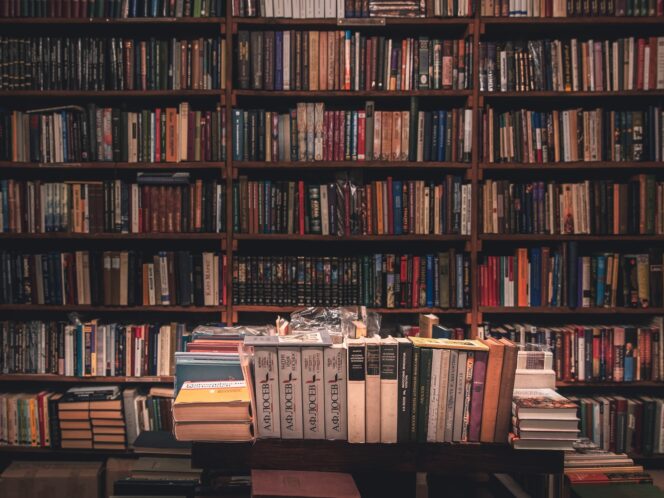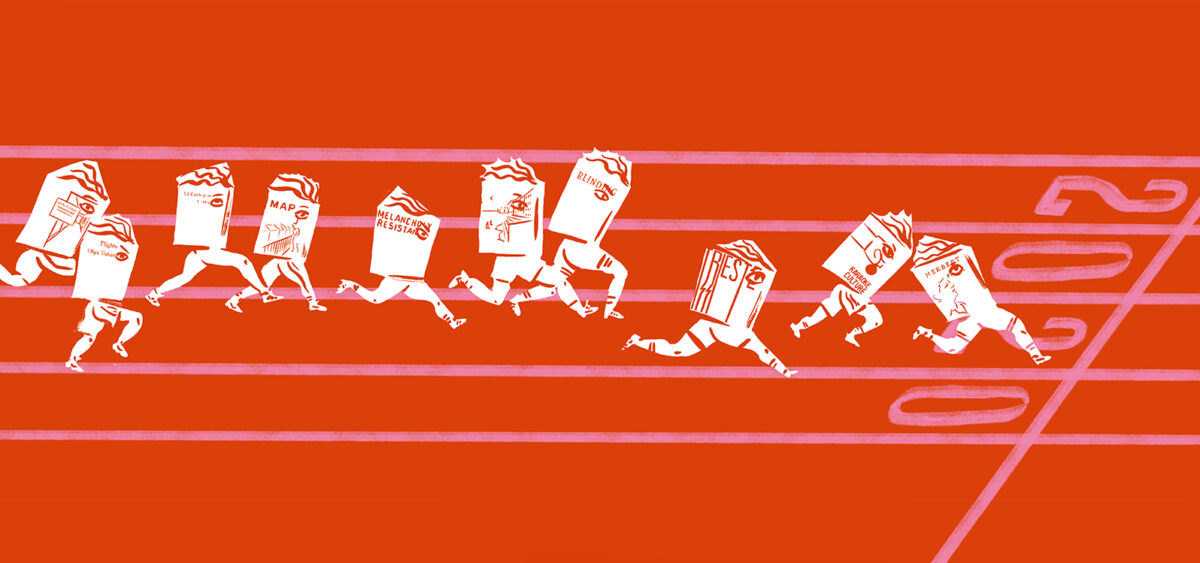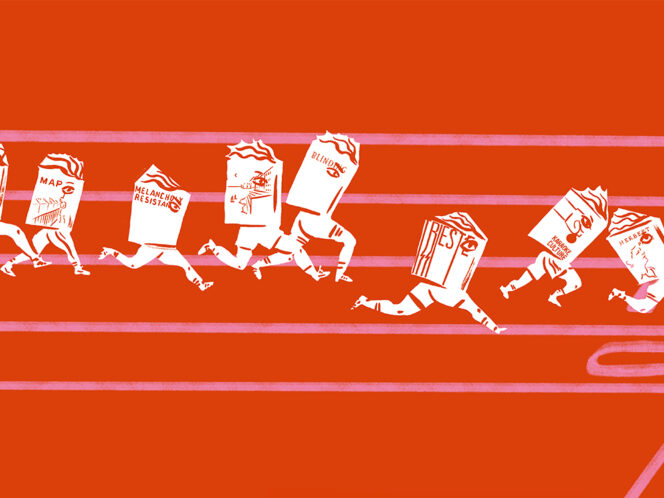
Reading is soothing and transports us to other worlds. It engages the mind, reinvigorating the numerous connections between our neurones. It relaxes and brings happiness. A book is a good friend during times of stress, insecurity and feelings of isolation. You can take it as an e-book, order it online with delivery to an automated parcel locker and, if it’s a classic, it’s probably on your shelves already.
War and Peace
Leo Tolstoy
For as long as you can remember, you’ve been postponing it until your retirement. But because life turns out to be rather flaky (and retirement was always uncertain), don’t delay! Four chunky volumes, love requited and unrequited, high-flying and shattered ideals, the European aristocracy and their values nearing the end of their days, the last grand balls, (melo)dramatic battle scenes and, last but not least, a man – miniscule within the grand sweep of history. A beautiful and magnificent novel that you simply won’t appreciate while reading superficially or in a hurry. However, during times of plague and melancholy, you have an excellent chance!
The Shock Doctrine: The Rise of Disaster Capitalism
Naomi Klein
In her cult book, the Cana








